Supporting the World's Most Vulnerable Communities
In 2024, with the support of our generous donors, partners, and supporters, GOAL teams reached over 12.5 million people in 14 countries across Africa, the Middle East, Latin America, and Ukraine through our emergency response, resilient health, food and nutrition security and sustainable livelihood programmes, among others.
In 2024, the world faced humanitarian challenges on a scale and severity few could have anticipated. From devastating natural disasters and escalating conflicts to economic collapse and widespread hunger, the needs of vulnerable communities soared to unprecedented levels. Nearly 300 million people required life-saving aid and protection. This unimaginable figure reminds us of the fragility of our global systems and is a testament to the urgency of our mission.
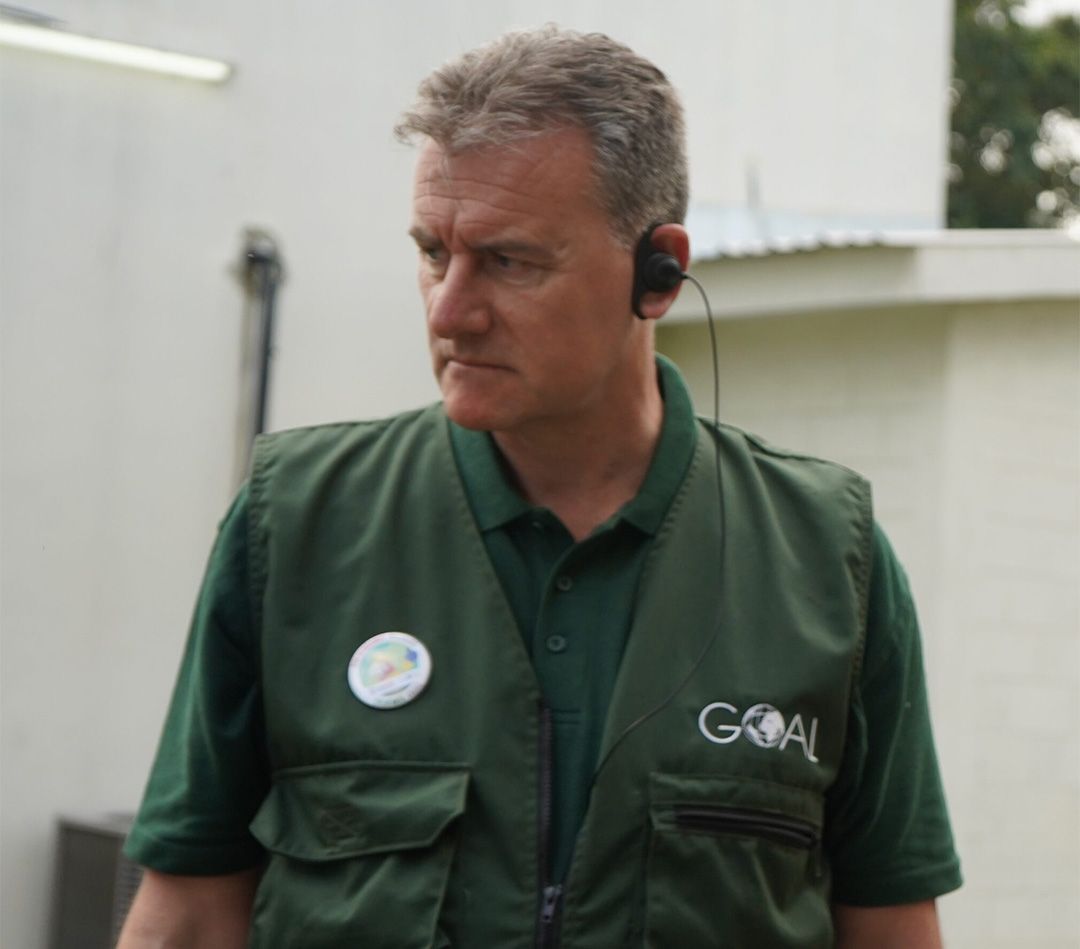

When we launched Strategy 2025: From Crisis to Resilience, we could not have foreseen just how prophetic that title would become.
We made bold strides towards our ambition, even as we confronted crises we never imagined. Yet through it all, the GOAL teams embodied the very essence of our organisation: GRIT (Guts, Resilience, Initiative, and Tenacity).
Siobhan Walsh, GOAL CEO
Barry O’Connell, GOAL Chairperson
Annual Report 2024: From Crisis to Resilience
In 2024, humanitarian needs remained at concerning levels. According to the UN OCHA Global Humanitarian Overview 2024, nearly 300 million people worldwide needed humanitarian assistance. From the escalation of conflict in Gaza and Sudan to rising displacement, food insecurity, and climate shocks in Africa and Central America, the fragility of systems across GOAL’s programme countries significantly deepened. Amid this complexity, GOAL remained focused on enabling communities not just to survive crises but to build lasting resilience.
Strategy 2025: From Crisis to Resilience continued to guide our work through, recognising that today’s emergencies require systemic, locally led solutions that address both immediate needs and the root causes of fragility, inequality, displacement, environmental degradation, and weakened governance. In 2024, the strategy’s role as a compass for programming was both evident and instrumental in driving forward adaptive, impactful responses.
Where We Work
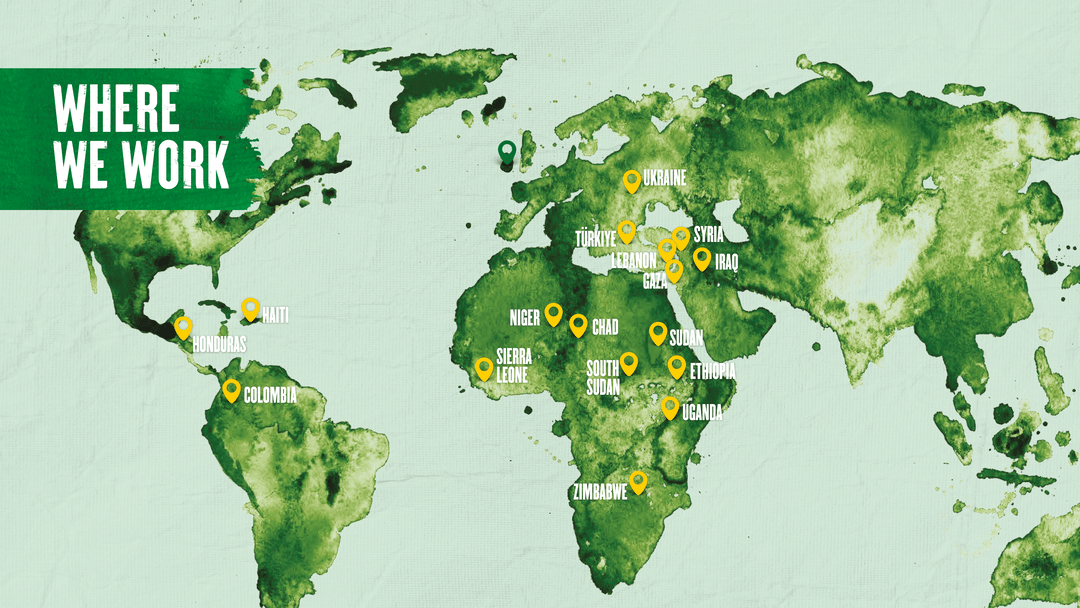
View Previous Annual Reports
2023
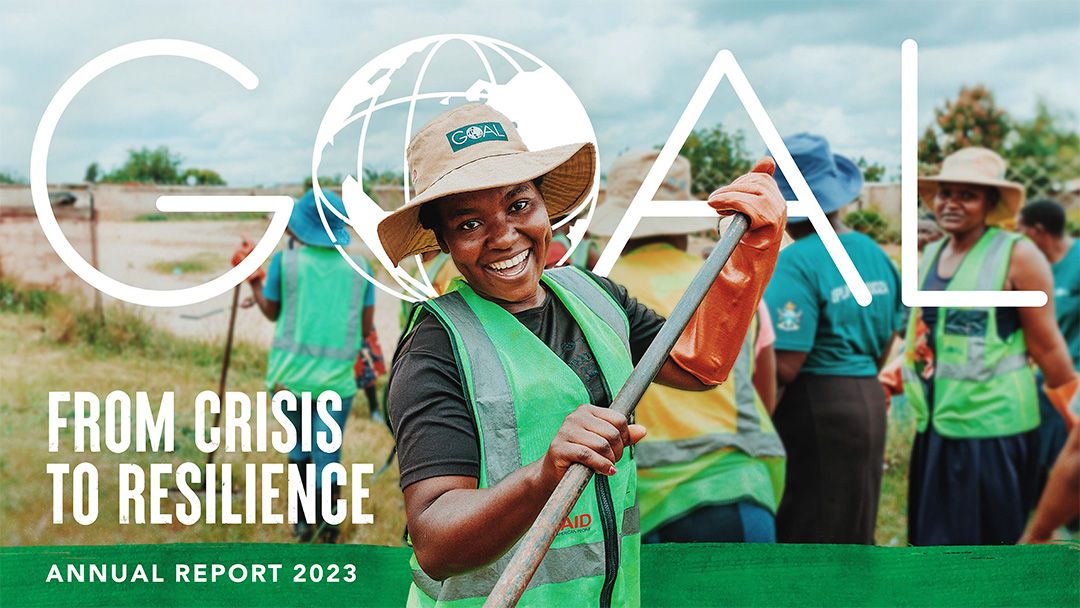
2022
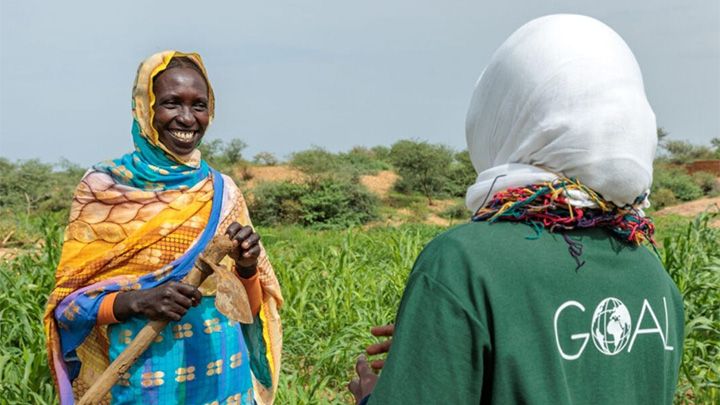
2021
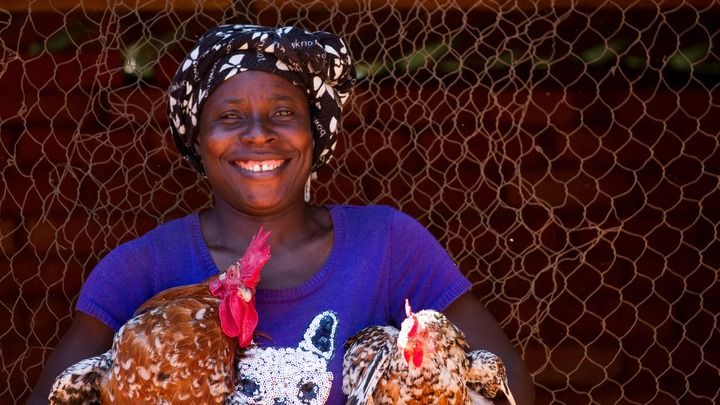
2020
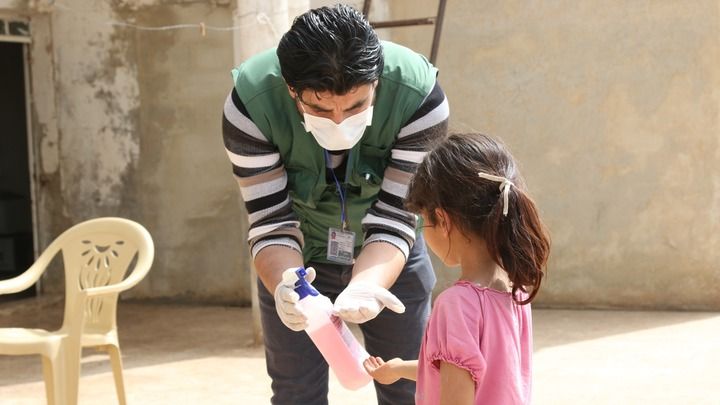
2019
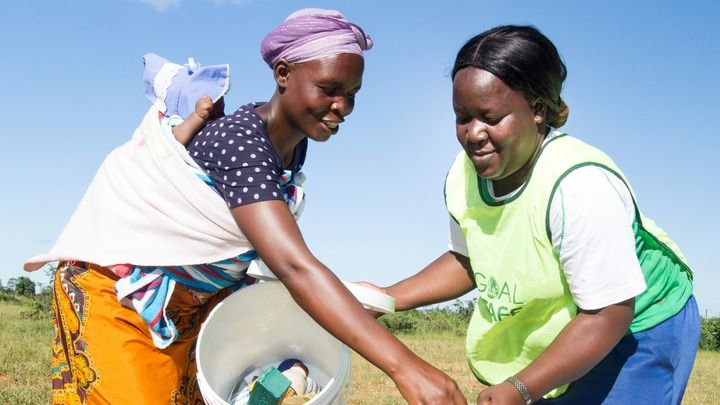
![2024 Impact Snapshot [Click/tap to enlarge]](https://www.goalglobal.org/wp-content/uploads/2025/08/1-1.jpg)

